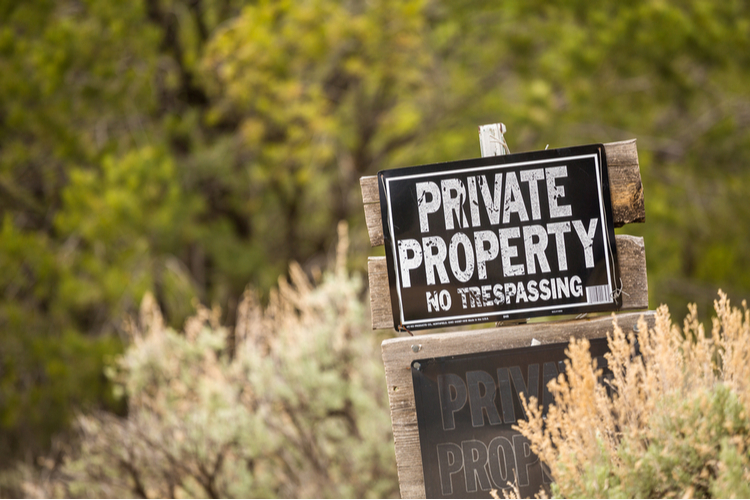Private Investigators enjoy rewarding and exciting careers. Unfortunately, many people don’t fully understand the duties of a Private Investigator. There’s an abundance of myths surrounding what a Private Investigator can and can’t legally do. To maintain professional credibility and integrity, Private Investigators are subject to a variety of laws. Here, we’re going to discuss what laws private investigators need to follow to do their job appropriately.
Do Private Investigators Need a License?
In many states, Private Investigators are required to obtain a professional license. In Florida and some other states, an individual who wants to become a Private Investigator must complete pre-licensing courses that include training and internships. Once a person has finished pre-licensing courses, they’re required to submit an application to the state that includes official identification, fingerprints, and a fee to obtain their license.
Can Private Investigators Trespass?
Once a Private Investigator is officially licensed (if the state requires it), they can obtain employment with a professional agency, private corporation, or their own business. Just because someone is an official Private Investigator, however, doesn’t mean they’re free to go wherever they want. It’s against the law for a Private Investigator to enter a person’s home, business, or go onto private property without the appropriate warrant. If they’re caught doing so, they’re subject to the same fines and penalties as any trespasser.
Are Private Investigators Allowed to Record Conversations?
It’s a Private Investigator’s job to source information, although it’s not lawful for them to record any private conversations. In most states, a Private Investigator must inform at least one member of the conversation that they’re recording to be in accordance with the law. The only way a Private Investigator can legally obtain information from a personal conversation is if they eavesdrop in public.
Can a Private Investigator Hack Into Personal Accounts?
In today’s world, everything online is public information. However, there’s also plenty of activity that goes on online behind the scenes. Emails and private messages can contain an abundance of information regarding sensitive matters. Private Investigators are not legally able to log into someone’s personal email, social media, bank account, or any other account without a warrant or permission from that individual. They can also not obtain cell phone records, run a credit check, or track a person via GPS without an appropriate warrant. If they do, they’re committing a crime that’s punishable by law.
Are Private Investigators Allowed to Make Arrests?
Many people assume that when a Private Investigator solves a case, they’re allowed to make an arrest. That’s not true. Private Investigators have different responsibilities and allowances compared to law enforcement officers. According to the law, a person must be a professionally trained, certified police officer. It’s important to note, however, that there are very few states that allow Private Investigators to make an arrest with a warrant in specific situations.
Enroll in Online Private Investigator Courses Today
If you’re ready to begin an exciting career as a Private Investigator, it’s time to start your training. The National Investigative Training Academy, Inc. (NITA) offers online courses for Private Investigators that include pre-licensing courses, continuing education, and professional development. You can enroll in courses through NITA at any time of day or night. Once enrolled, you have 24/7 access to course material from anywhere in the world.
All of NITA’s courses are authored by industry professionals. It’s our goal to provide a well-rounded, enjoyable experience to every student so they can begin a rewarding career as a Private Investigator. Call (800) 730-6482 or contact us online today to get started.
Our enrollment counselors are here to answer any questions you might have about our state- and board-approved status, pre-licensing training, or professional development programs.
The Ultimate Guide to the Private Investigator Test by State




